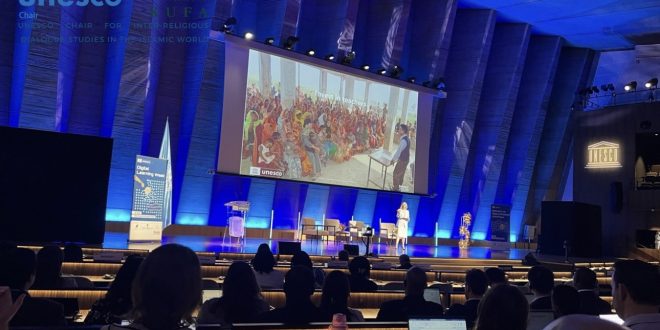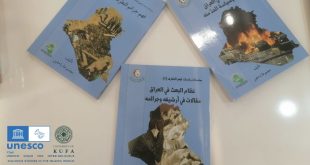Paris – The proceedings of “Digital Learning Week 2025: Harnessing Technology in the Service of Education” unfold at UNESCO’s Paris headquarters, with the participation of Dr. Alaa Shatnan, Director of the UNESCO Chair, representing the University of Kufa. The second day’s sessions, on 3 September 2025, turned their focus to guiding policymakers, decision-makers, and educators on how to develop and integrate artificial intelligence in a conscientious and responsible manner.
Lively Sessions on Artificial Intelligence in Education
The morning gatherings witnessed far-reaching discussions across pivotal themes:
- The impact of AI on academic practices: exploring how artificial intelligence reshapes the very essence of writing and learning, its influence upon higher education, and the institutional frameworks needed for responsible integration.
- Personalized learning and equity: examining how AI may be harnessed to tailor education to individual needs, accompanied by a joint workshop between Infosys and Street Child on applying technology in fragile environments to ensure equality of access.
- National strategies: surveying the visions of diverse nations on AI in education, and charting pathways toward effective national strategies that translate aspirations into action.
Afternoon Dialogues on Ethics and Challenges
The deliberations deepened through the afternoon, with an emphasis on the ethical and societal dimensions of artificial intelligence:
- Integrity and transparency: engaging with the theme of “AI and Integrity”, probing the ethics and interpretability of AI systems.
- Inclusion and innovation: addressing AI’s impact on education in Africa, recalibrating algorithms to account for gender equity and inclusive learning, while also presenting regional perspectives on inclusion, policy, and homegrown innovation.
- Transformations in pedagogy: contemplating AI’s influence on human learning and cognition, considering evidence-based practices for teachers in the age of artificial intelligence, and reimagining student-centered pedagogies for a rapidly changing educational landscape.
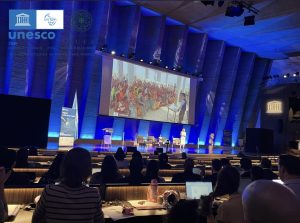
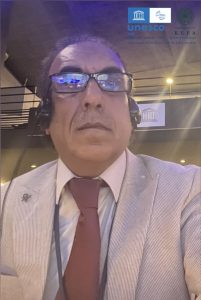
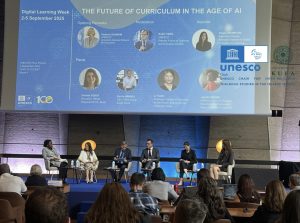
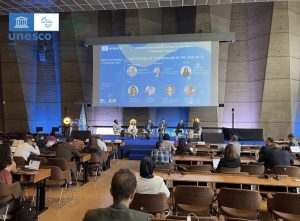
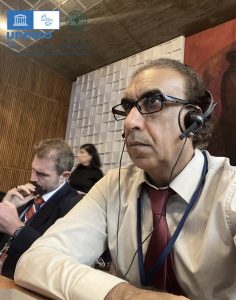
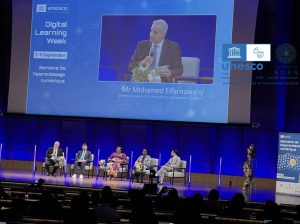
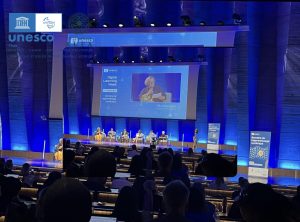
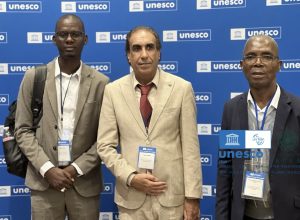
 UNESCO CHAIR For Inter-Religious Dialogue Studies in The Islamic World
UNESCO CHAIR For Inter-Religious Dialogue Studies in The Islamic World
